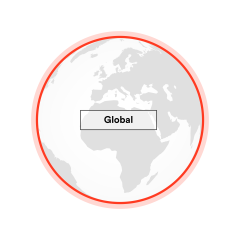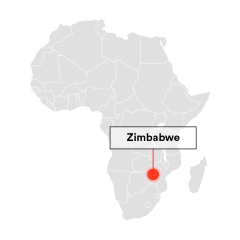Develop an EVAWG influencing strategy

Develop an EVAWG influencing strategy
Case Studies

In 2022, the Spotlight Initiative Secretariat and the Global Civil Society Reference Group conducted global peer-learning workshops to exchange lessons and experiences on their monitoring work. Based on this, at least seven Reference Groups have produced Advocacy Scorecards, with additional scorecards in the pipeline.
The scorecards do not assess the impact of Spotlight Initiative programming and outcome results, but rather look at the extent to which Spotlight Initiative processes and systems support the participation, protection and involvement of civil society in general, and feminist activists and women’s movements in particular, in their work to end violence. Scorecards have highlighted how Spotlight Initiative has influenced change and advanced meaningful engagement of, and funding to, civil society, despite complex United Nations procurement and finance processes, which have been reported as a bottleneck to the accessibility of funds and a constraint to implementation.
“A key good practice agreed across all Reference Groups is our representation and participation in the governance and decision-making bodies. Civil society has heavily advocated to be part of these spaces because we know that this is where the UN, the EU, and governments sit together and we have a direct advocacy link to influence policy and implementation of the Initiative. This practice of bringing all stakeholders together, especially having a civil society representative independently chosen by the group, proves to be an essential foundational piece to any initiative, even beyond Spotlight Initiative.” - Shamah Bulangis, Global Civil Society Reference Group member and representative to the Operational Steering Committee.



In a male-dominated political landscape, it can be especially challenging for women with disabilities to enter politics. In Zimbabwe, Spotlight Initiative identified low participation of persons with disabilities - especially women - in political processes or political leadership.
In response, Spotlight Initiative implemented a training programme to educate women and girls with disabilities about their human rights, how to engage in policy and law-making and how to advocate for and access legal and gender-based violence services if needed. In partnership with Leonard Cheshire Disability Zimbabwe (LCDZ), a national NGO, 83 women and girls and seven disabled persons organisations (DPOs) were supported to participate in the 2020 national budget hearing. The participating women and men with disabilities were able to engage with the Parliamentary Portfolio Committee on Budget, Finance, and Economic Development. During the budget sessions, they urged the committee to honour its commitment to disability inclusion by allocating a sufficient budget for disability-related issues and programmes. Their views during the public hearing were documented and formed a position paper that was submitted to parliament.
“Meaningful participation of women and girls with disabilities in political and public life has been a core principle of LCDZ under Spotlight Initiative.” – Project Officer, Leonard Cheshire Disability Zimbabwe
Spotlight Initiative also supported the participation of women and girls with disabilities in public consultations for the national disability policy and bill through an advocacy paper submitted to the Ministry of Public Service, Labour and Social Welfare (MoPSLSW). The advocacy paper underscored legal and administrative interventions to end violence against women and girls with disabilities, including protections from forced marriage due to disability. Read more here.







